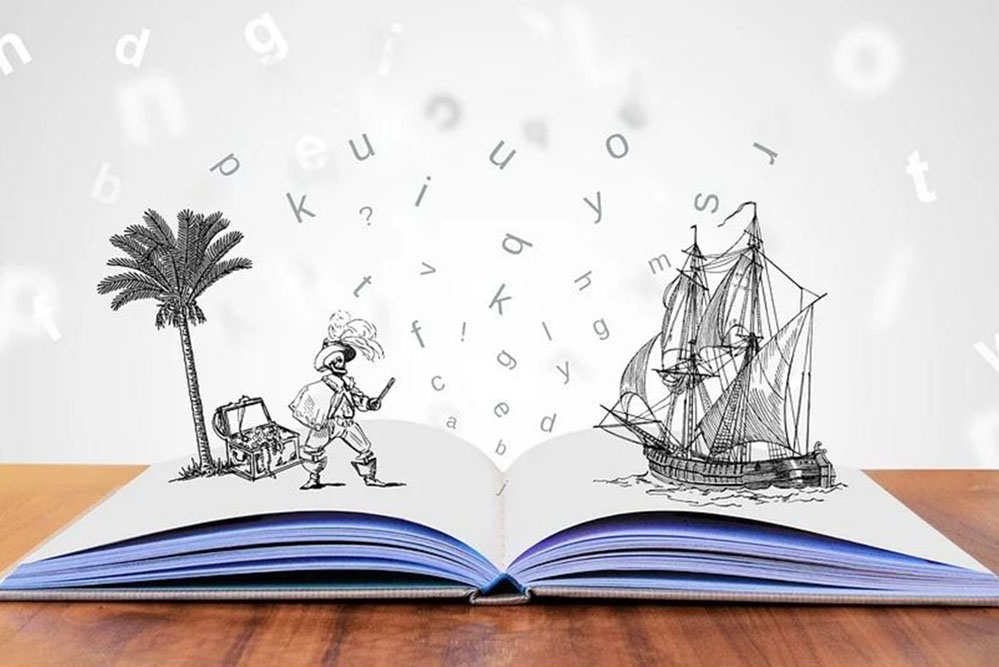
Story structure is often taught by story analysts as plot, but it is really the DNA of our protagonist’s internal journey to transformation.
Without a sense of a beginning, middle and ending, you are likely going to get lost, and by having a sense of how to proportion your story you will be more aware of where your story is not working.
Structure is related to theme and not plot. By working with structure we begin to understand what we are trying to express. Don’t assume or take for granted that you know what you are trying to express. I always say that our idea of our story is never the whole story. It is not that our idea is incorrect. It is that it is incomplete.
By deepening our relationship to story structure, we develop the tools to write a more compelling narrative.
I always love to hear from writers. Please share with me your thoughts on this.
Learn more about marrying the wildness of your imagination to the rigor of structure in The 90-Day Novel, The 90-Day Memoir, or The 90-Day Screenplay workshops.

 Overcoming Self-Doubt
Overcoming Self-Doubt